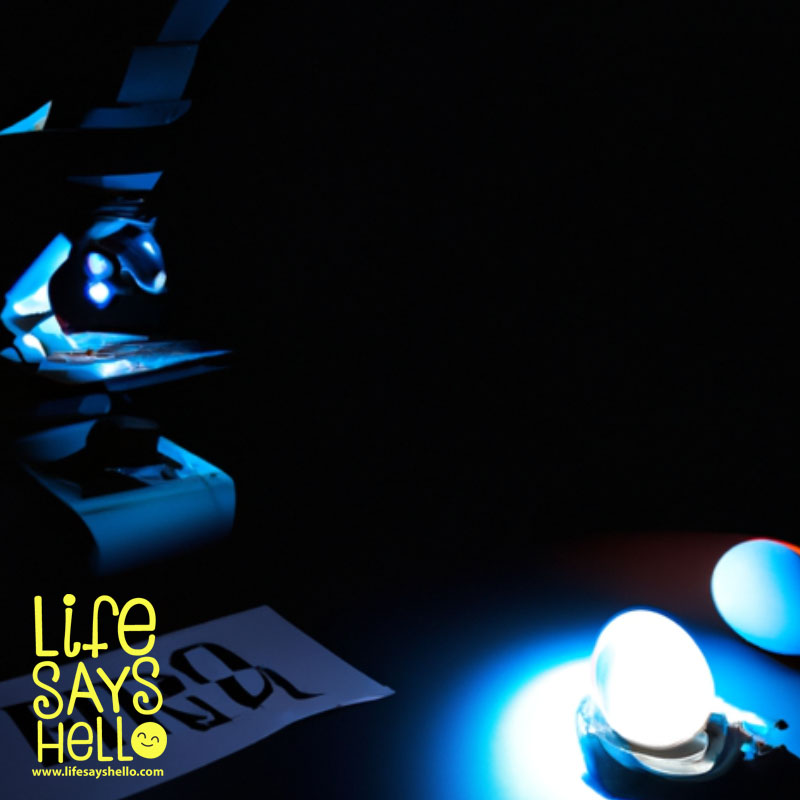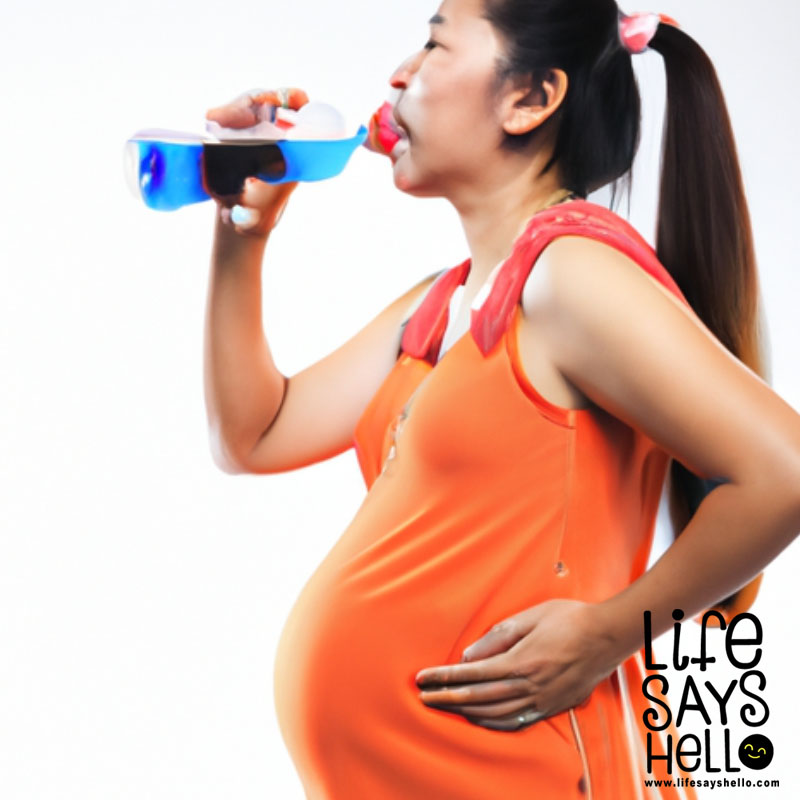How Long After IVF is Pregnancy Safe? The Ultimate Guide to IVF Pregnancy

If you are one of the millions of couples worldwide who are struggling with infertility, In vitro fertilization (IVF) may be the solution you need. Despite being a highly successful form of assisted reproductive technology, many people have concerns about the safety and risks of pregnancy after IVF.
In this comprehensive guide, we will explore the question, “How long after IVF is pregnancy safe?” An answer that will help you make informed decisions regarding your fertility options.
Understanding IVF
Before we dive into the question of pregnancy safety after IVF, let’s first understand what IVF is all about. In vitro fertilization is a process where eggs are removed from the ovaries of the woman and sperm is taken from the man. These eggs and sperm are put together in a laboratory dish (in vitro) to fertilize. The fertilized eggs, known as embryos, are then transferred into the woman’s uterus, where they can implant and grow into a healthy pregnancy.
VF Pregnancy - Myth versus Reality
Myths concerning the safety of IVF pregnancy are rife, and it’s vital to separate myth from reality. For instance, IVF pregnancy is often associated with multiple pregnancies, but this is because couples usually have more than one embryo transferred to increase their chances of success. However, with modern diagnostic tools and safe transfer methods, the incidence of twins or triplets has significantly reduced. Another myth is that IVF pregnancy is dangerous and can lead to various birth defects. This is not accurate as the incidence of defects in IVF babies is similar to naturally conceived babies.
Factors That Affect IVF Pregnancy Safety
Many factors contribute to the safety of IVF pregnancy, including the following:
Maternal Age: The quality of eggs as compared to age is an essential factor in determining IVF pregnancy safety. Women over 35 are more likely to have a miscarriage, chromosomal abnormalities, or other complications that may affect their pregnancy’s safety.
Embryo Quality: Embryo quality plays a vital role in the success of IVF pregnancy. A high-quality embryo indicates that it has a higher chance to develop into a healthy pregnancy and less chance of preterm birth, developmental delay or chromosomal abnormalities.
Medical History: A woman’s medical history affects the safety of IVF pregnancy. For example, women with pre-existing medical conditions such as hypertension or diabetes may require close monitoring during their IVF pregnancy.
Multiple Pregnancies: As previously mentioned, multiple pregnancies are a risk factor for IVF pregnancy. Though the number of embryos transferred is regulated, women can end up with multiple pregnancies, which is a risk factor for them and the infants.
How Long After IVF is Pregnancy Safe?
Now, to the heart of the matter – how long after IVF is pregnancy safe? After an IVF cycle, it is essential to wait to confirm pregnancy. The timing of test confirmation will depend on the type of test you take. For instance, home pregnancy tests can detect a pregnancy as early as 10-14 days after the embryo transfer. On the other hand, blood tests done by doctors can detect pregnancy even earlier. Many clinics monitor women for two weeks after embryo transfer before scheduling a blood test to confirm pregnancy.
Once pregnancy is confirmed, there is generally no additional risk to the female or baby. The same safety statistics that apply to natural pregnancies apply to IVF ones. About 90% of all IVF pregnancies result in the birth of healthy babies. Hence, once you have confirmed pregnancy, it is as safe as any normally conceived pregnancy.
Conclusion
In conclusion, IVF pregnancy is safe and has excellent chances of success. Waiting for confirmation of pregnancy after the IVF cycle is crucial for the safety of the mother and baby. Once confirmed, the pregnancy is as safe as any normal one, with the same risks and benefits. With proper pre-treatment counseling, an excellent selection of quality eggs and sperm, the right medical care during pregnancy, and clinic regulation of multiple pregnancies, IVF pregnancy can deliver a healthy baby for couples struggling with infertility.




Comments